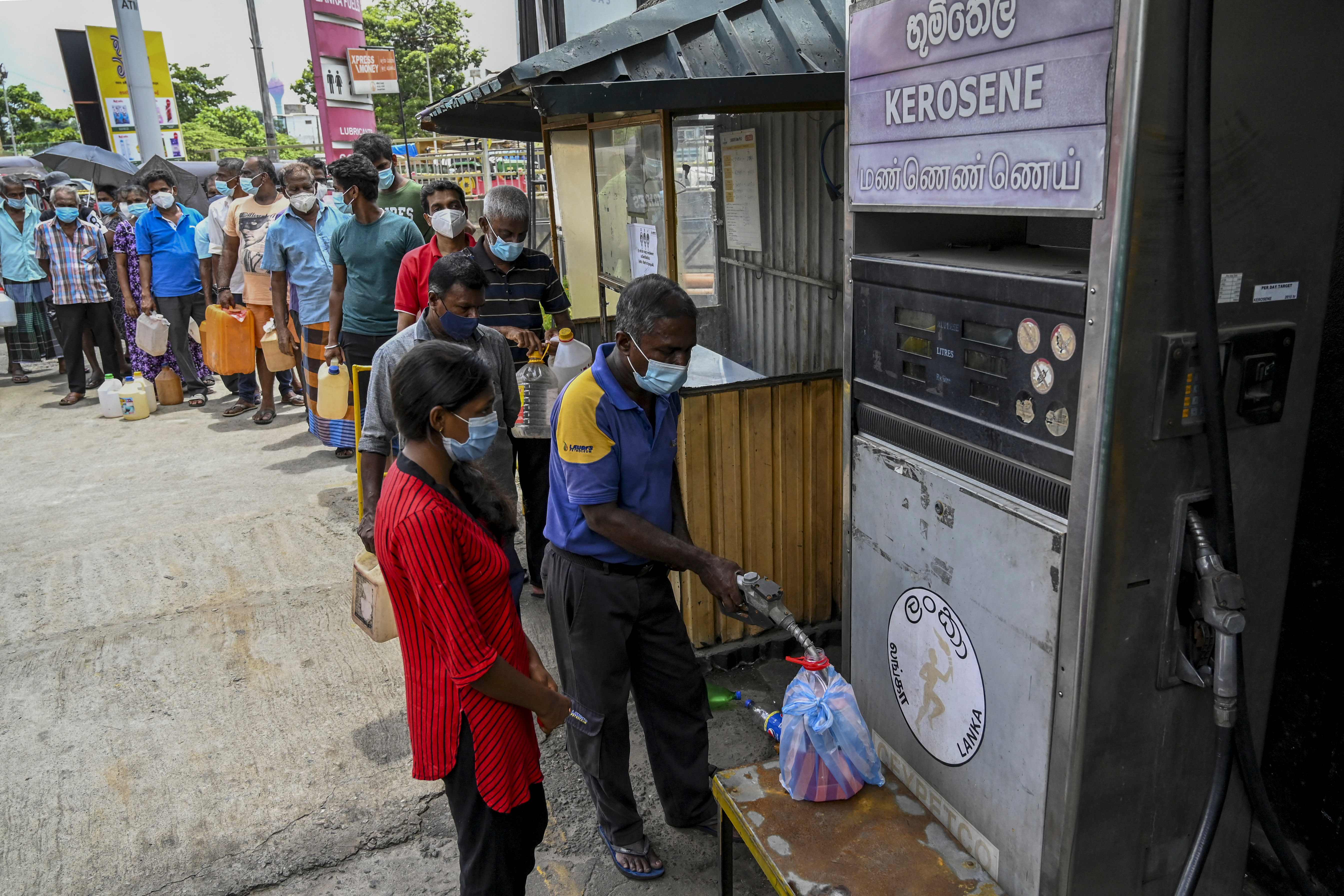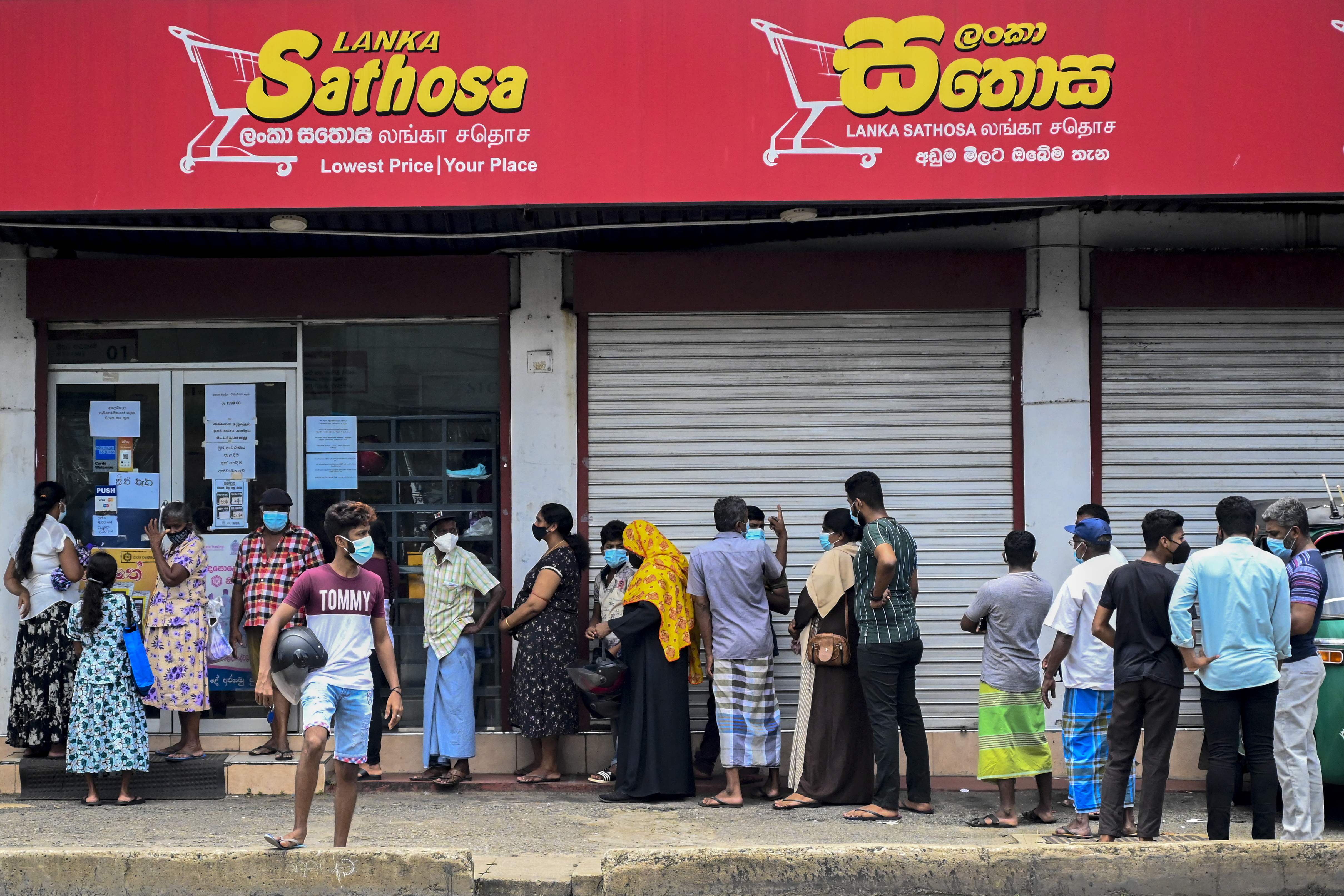Sri Lanka declares state of emergency over food shortages amid economic crisis
New measures gives authorities the power to seize stocks of food and detain those found to be hoarding essential supplies

Your support helps us to tell the story
From reproductive rights to climate change to Big Tech, The Independent is on the ground when the story is developing. Whether it's investigating the financials of Elon Musk's pro-Trump PAC or producing our latest documentary, 'The A Word', which shines a light on the American women fighting for reproductive rights, we know how important it is to parse out the facts from the messaging.
At such a critical moment in US history, we need reporters on the ground. Your donation allows us to keep sending journalists to speak to both sides of the story.
The Independent is trusted by Americans across the entire political spectrum. And unlike many other quality news outlets, we choose not to lock Americans out of our reporting and analysis with paywalls. We believe quality journalism should be available to everyone, paid for by those who can afford it.
Your support makes all the difference.Sri Lanka has declared a state of emergency after basic food supplies began running low as a foreign exchange crisis in the country sees private banks struggling to pay for imports.
Gotabaya Rajapaksa, the south Asian nation’s president, announced the measure in order to prevent the hoarding of essential items including rice and sugar.
The new ruling gives authorities the power to seize stocks of food and detain those found to be hoarding supplies.
It follows a steep rise in prices for staples such as potatoes, onions and rice and shortages of items like milk powder and cooking gas.
Import businesses have complained that there are not enough dollars to pay for foreign-made foods as the country’s foreign reserves have fallen by two-thirds over the last 18 months, to $2.8bn (£2bn) in July.

Sri Lanka has been suffering from a devastating economic crisis only worsened by the pandemic, which struck the tourism industry that usually provides jobs for more than 3 million people and accounts for about 12 per cent of GDP.
Its foreign exchange reserves have dwindled, hindering the country’s ability to repay large debt and forcing it to cut back on imports of farm chemicals, cars and even its staple spice, turmeric.
Toothbrush handles, strawberries, vinegar, wet wipes and sugar are also among the hundreds of foreign goods that have been banned or made subject to special licensing requirements – a move that is pushing prices up and triggering protests.
Sri Lanka’s foreign exchange reserves have fallen to barely enough to pay for three months of imports. The petroleum minister, Udaya Gammapila, recently said the country did not have enough cash to pay for oil imports either.
To conserve precious foreign exchange, the government has limited US dollar transactions but despite this, imports still outpace the country's exports of tea, rubber, seafood and garments.
Additional reporting by AP
Join our commenting forum
Join thought-provoking conversations, follow other Independent readers and see their replies
Comments